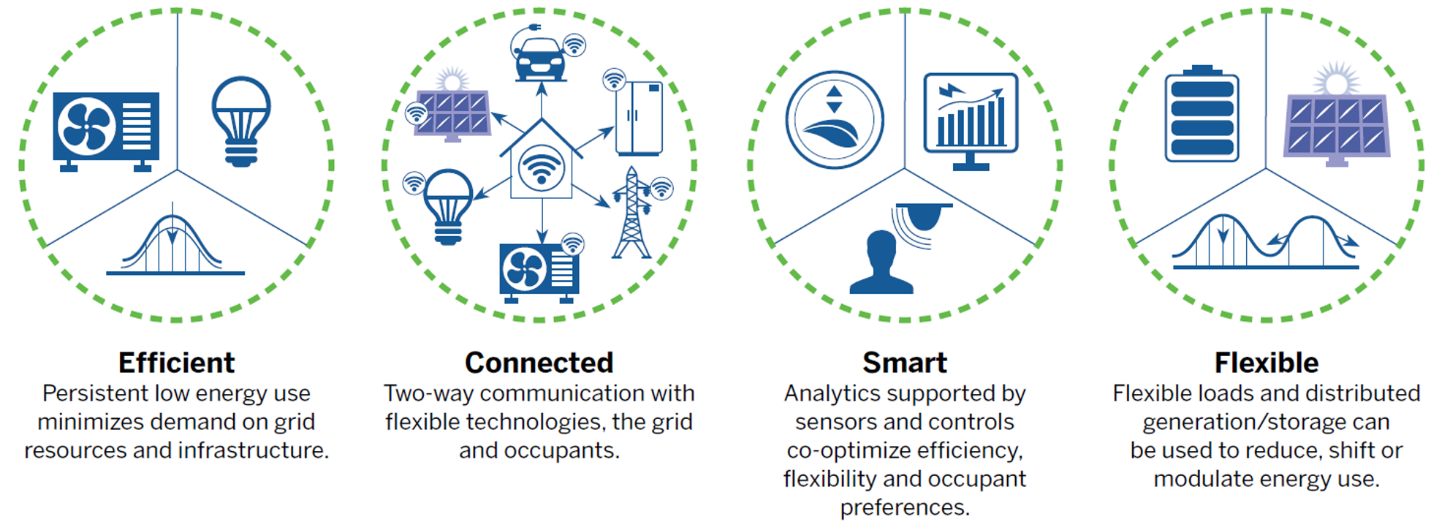
Paving the Green Path: The Imperative of Energy-Efficient Infrastructure
As we stand at the intersection of environmental consciousness and technological advancement, the imperative to build energy-efficient infrastructure becomes more pronounced. This article explores the significance, benefits, and innovative solutions that lie at the heart of constructing a sustainable and eco-friendly future.
Understanding the Urgency
The urgency to transition towards energy-efficient infrastructure is underscored by the global challenges of climate change and depleting natural resources. Traditional infrastructure, often reliant on fossil fuels, contributes significantly to carbon emissions. Energy efficiency offers a viable pathway to mitigate these impacts and create a more sustainable built environment.
The Triple Bottom Line: Economic, Social, and Environmental Benefits
Energy-efficient infrastructure is not just a means to reduce environmental impact; it also yields economic and social benefits. The triple bottom line approach emphasizes that sustainable projects are not only financially viable but also contribute to societal well-being. Energy efficiency in infrastructure enhances operational cost savings, promotes job creation, and minimizes the ecological footprint.
Innovations in Green Building Design
At the core of energy-efficient infrastructure lies innovative green building design. Architects and engineers are embracing sustainable materials, passive design strategies, and renewable energy integration to create structures that optimize energy use. From energy-efficient HVAC systems to smart building technologies, these innovations contribute to reduced energy consumption.
Renewable Energy Integration
One key aspect of energy-efficient infrastructure is the seamless integration of renewable energy sources. Solar panels, wind turbines, and geothermal systems are increasingly becoming integral components of sustainable buildings and infrastructure projects. This not only reduces reliance on conventional energy sources but also contributes to a diversified and resilient energy mix.
Smart Cities: The Future of Energy Efficiency
The concept of smart cities embodies the integration of technology to enhance efficiency across various sectors, including energy. Smart grids, intelligent transportation systems, and data-driven decision-making are pivotal in creating cities that optimize energy usage. This holistic approach transforms urban spaces into energy-efficient hubs that prioritize sustainability.
Investment Opportunities and Long-Term Savings
Energy-efficient infrastructure presents compelling investment opportunities. While the initial costs may be higher, the long-term savings are substantial. Energy-efficient buildings and infrastructure projects often exhibit lower operational and maintenance costs. Additionally, they align with the growing demand for sustainable practices, attracting environmentally conscious investors.
Government Policies and Incentives
Governments worldwide are recognizing the importance of incentivizing energy-efficient infrastructure. Through policies, regulations, and financial incentives, they encourage the adoption of sustainable practices in construction and urban planning. These measures play a pivotal role in accelerating the transition towards a more energy-efficient built environment.
Challenges and Overcoming Barriers
Despite the evident benefits, energy-efficient infrastructure faces challenges such as high upfront costs, lack of awareness, and resistance to change. Overcoming these barriers requires a concerted effort from governments, businesses, and communities. Public awareness campaigns, financial support, and collaborative initiatives are essential to navigating these challenges.
The Role of Education and Advocacy
Education and advocacy play a crucial role in fostering a mindset shift towards energy-efficient infrastructure. Professionals in the construction and design industry, policymakers, and the general public need to be informed about the benefits and potential of sustainable practices. This knowledge empowers stakeholders to make informed decisions that prioritize energy efficiency.
To delve deeper into the world of Energy-Efficient Infrastructure and stay updated on the latest developments, visit dearakana.my.id. This online resource provides valuable insights, news, and information about the evolving landscape of energy-efficient construction, offering a gateway for enthusiasts, professionals, and policymakers to explore the possibilities of a sustainable future.



